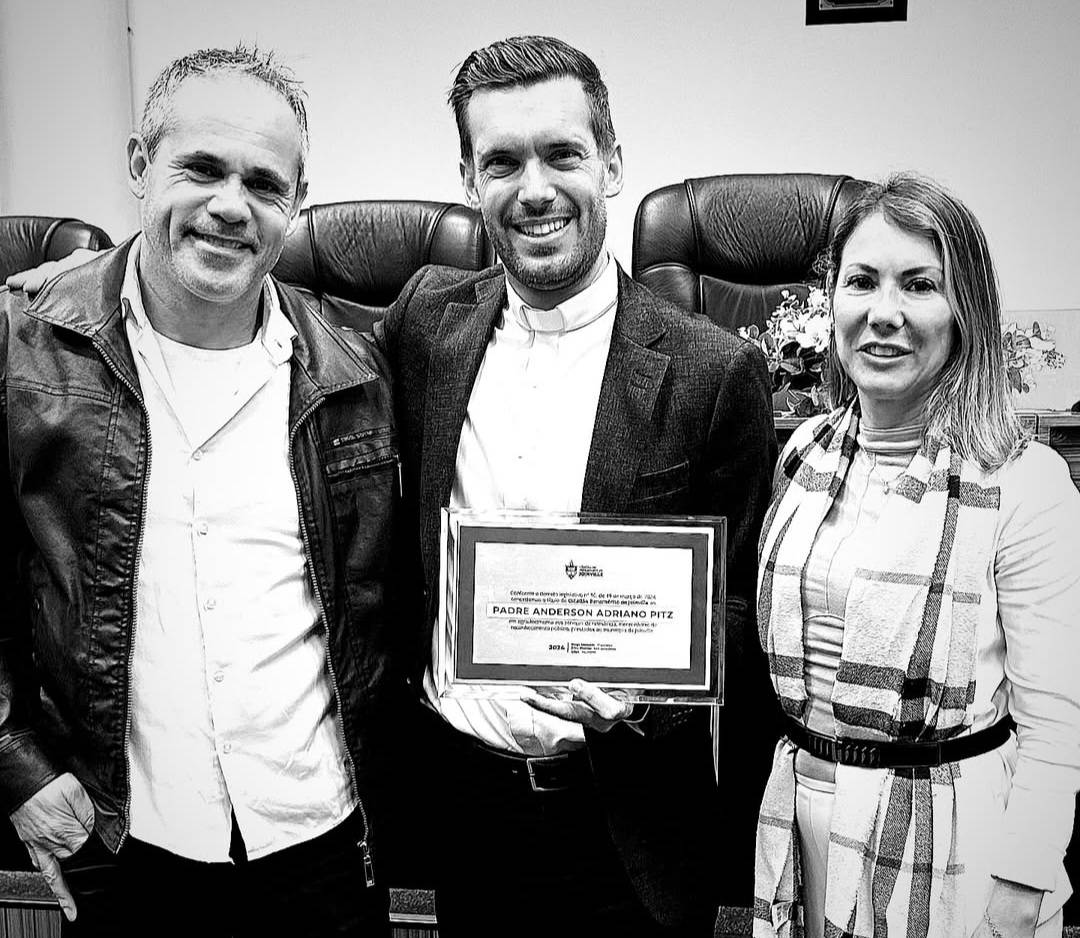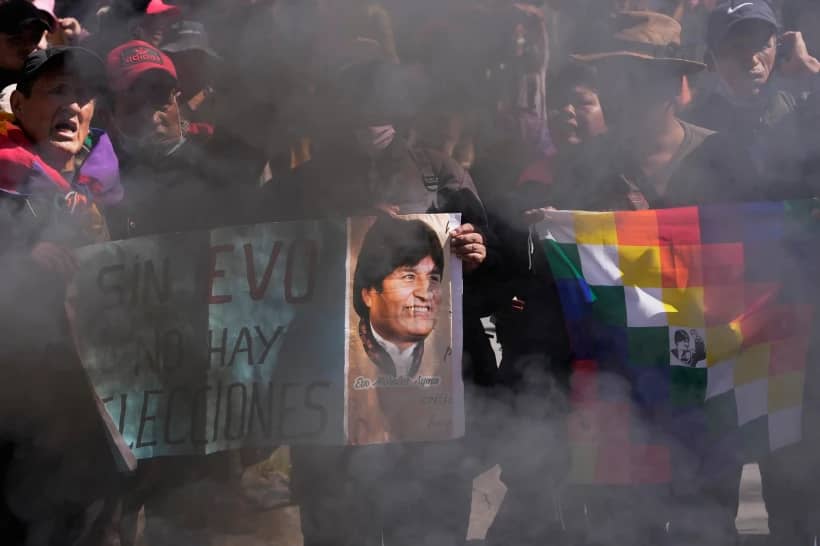ROSARIO, Argentina—According to the Pan-Amazon Ecclesial Network (REPAM), the people of the Amazon region are more at risk to COVID-19 coronavirus pandemic, due to the lack of proper educational system and to the inaccessibility to adequate hygienic and sanitary services.
By April 29, over 967 people in the Amazon region had died of COVID-19, with 16.498 having tested positive for the coronavirus.
Mauricio Lopez, REPAM’S executive secretary, also told Crux some local governments “have been unable to implement adequate measures to care for the most vulnerable communities.”
He pointed to many communities in the nine-country Amazon region that live in semi-isolation or in voluntary isolation.
“The mandatory lockdown and its enforcement in the cities has left the region more vulnerable to illegal extractivist industries, that are responsible not only for the destruction they’re causing to the ecosystem, but are also to blame for importing the virus to the region, to communities that have an immune system that is very different to ours,” he said.
RELATED: Land conflicts have grown under Bolsonaro, according to Brazilian Church report
According to Lopez, who played a key role helping organize last October’s Synod of Bishops on the Amazon region, some of the communities are speaking of a “potential genocide.”
“These are communities that face a greater vulnerability because they have a very precarious health structure,” he said. “And you also have to take into account that the lives of these communities make it really hard to follow some of the measures suggested, such as isolation, because most of these people live day-to-day, with an economy of subsistence.”
Caritas, the international charitable arm of the Church, has played a “key role” in providing humanitarian aid such as food and basic health assistance.
Lopez said the gravity of the pandemic is so large that his aid might prove insufficient, but proves the Church is present “where no one else cares to go.”
“We’re living an option of a Church that goes out, that cooperates with local authorities respecting the protocols, but assisting, caring for, accompanying and looking for ways to answer to the needs of the population,” he told Crux.
An article published April 11 in National Geographic, says that despite the fact many tribes in Brazil’s Amazon region have gone back into isolation, for some it might be too late if they have been exposed to the coronavirus.
The article mentions an 87-year-old Borari woman who had died of COVID-19 in the north-central Amazon state of Pará. But the cause of death was only discovered after a post-mortem test, and by the time the results were known, mourners had already turned out in droves for the woman’s funeral in late March.
“Owing to the high degree of movement of people from one state to another in the Amazon, together with a lack of public policies…COVID-19 has fertile terrain to spread rapidly among the populations that live in Amazônia, which could lead to disaster in the short and medium term,” said Archbishop Roque Paloschi, archbishop of Porto Velho, Rondônia and president of the indigenous Missionary Council.
Earlier this month, a 15-year-old boy in a Yanomami tribe was confirmed to have died from COVID-19.
Despite the Yanomami being “the largest relatively isolated tribe in South America,” with an estimated 38,000 people, the Socio-Environmental Institute (ISA) explained how the disease reached them: “Today, without a doubt, the main vector for the spread of COVID-19 inside the Yanomami Indigenous Territory is the more than 20,000 illegal miners that go in and out of the territory without any control.”
The ISA said the Yanomami and other indigenous people should be urgently protected from the effects of COVID-19, claiming they are “under the risk of genocide with the complicity of the Brazilian State.”
The Brazilian government of Jair Bolsonaro has been heavily criticized by many in the international community due to its initial non-reaction to the pandemic, with the president calling it a “small flu.”
Lopez said that the indigenous people in the region have very diverse interpretations of the coronavirus, but that “for those who maintain a relation with their own cultural identity, the notion of an illness is more like an unwanted situation caused by a wrongful action, either of a previous generation or by the citizens, or perhaps an enemy, who wish them wrong and is causing this.”
“I think the clearest thing is that they associate this disease with one more of the things that western society has brought, that have impacted and affected them negatively because, obviously, they interact with western societies, which they also value in relation to medicine, infrastructure and what could be called a certain vision of development that dialogues with its Good Living,” he said.
“In a way, they feel more vulnerable and are victims of situations that come from outside, which are not endogenous to their communities,” Lopez said.
Follow Inés San Martín on Twitter: @inesanma

















